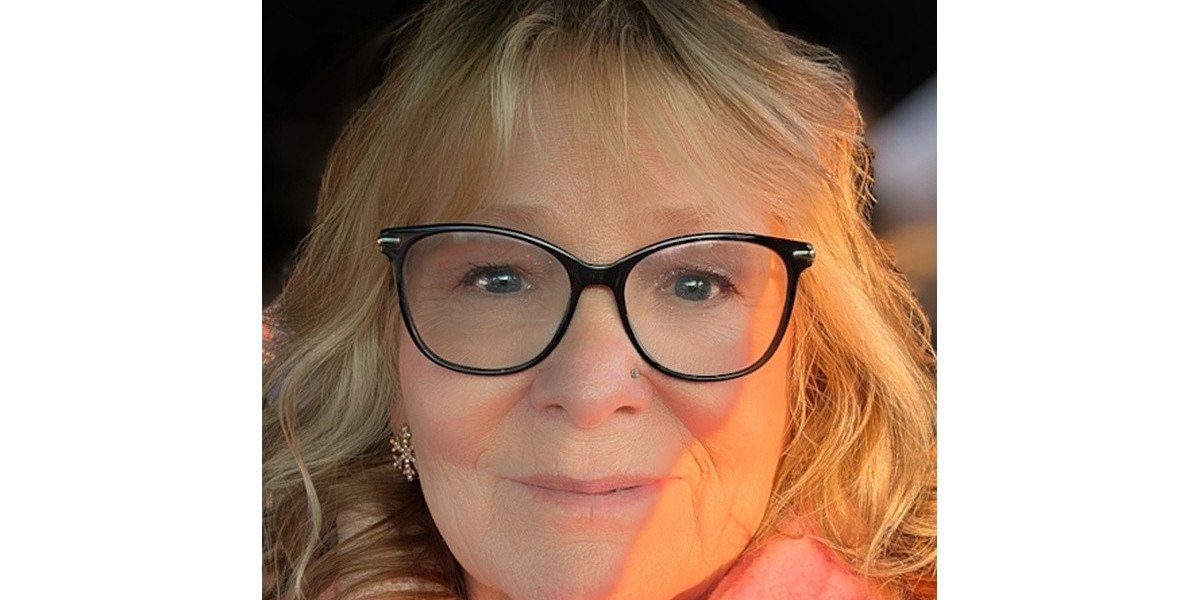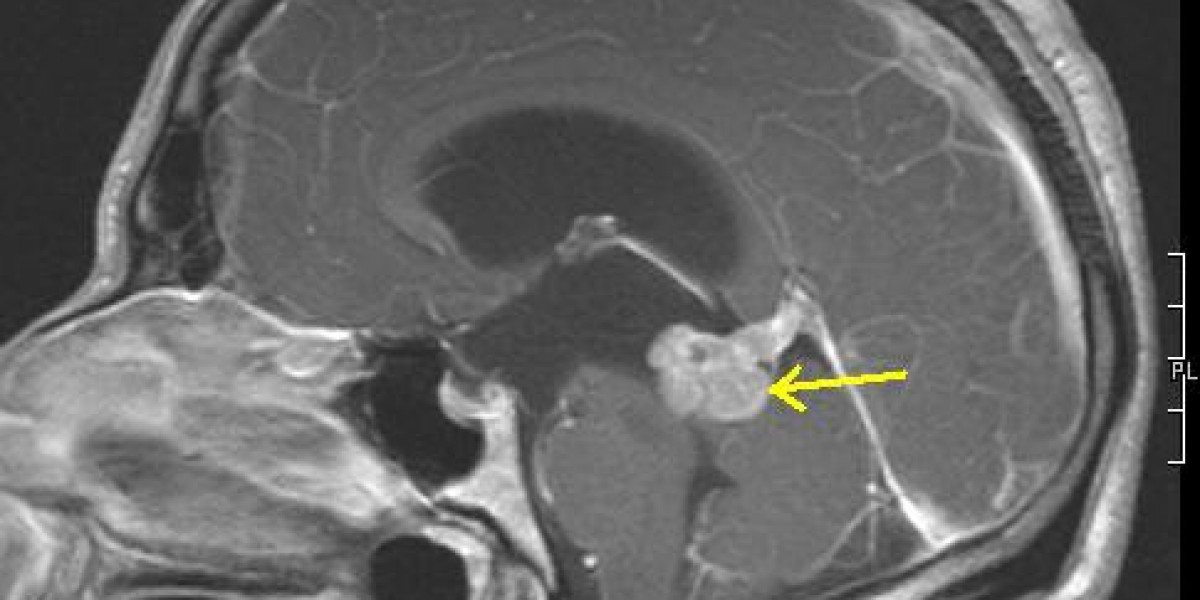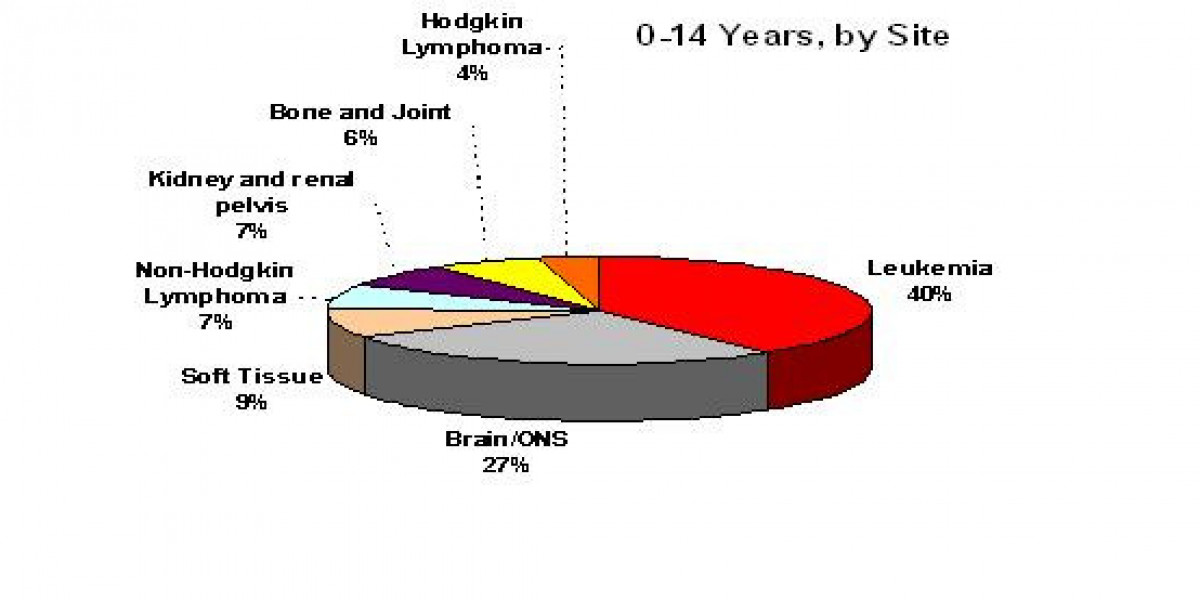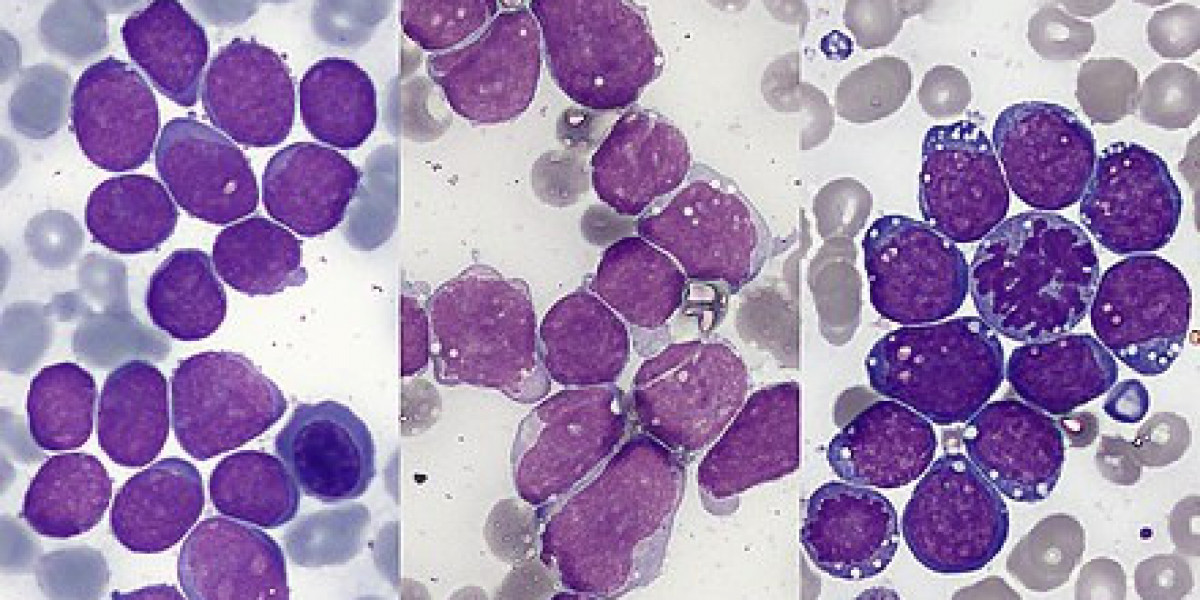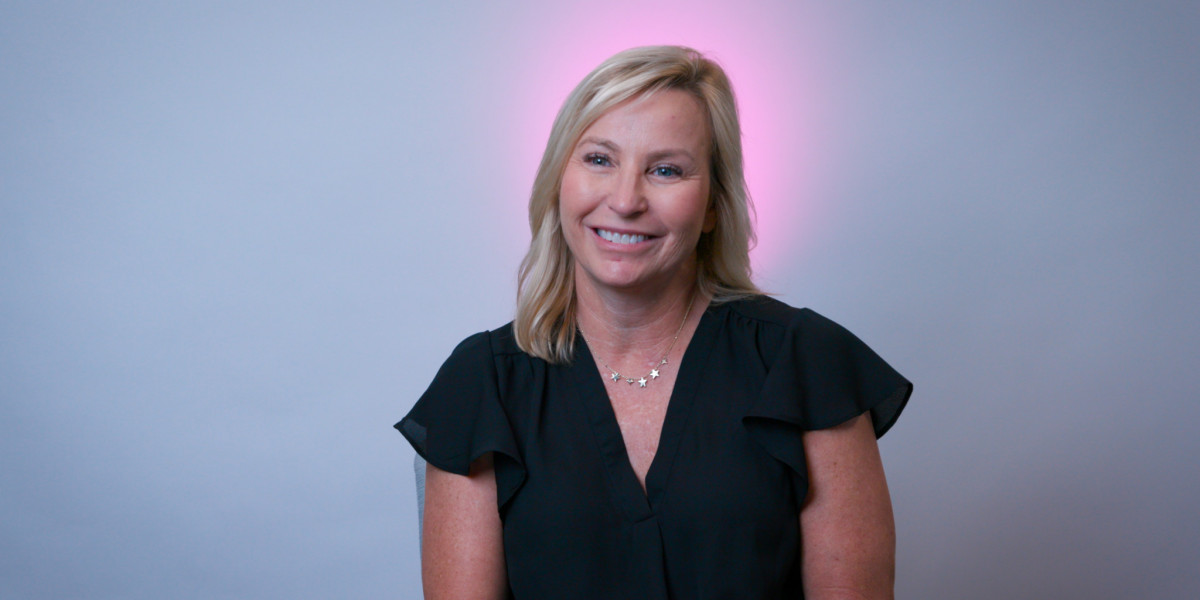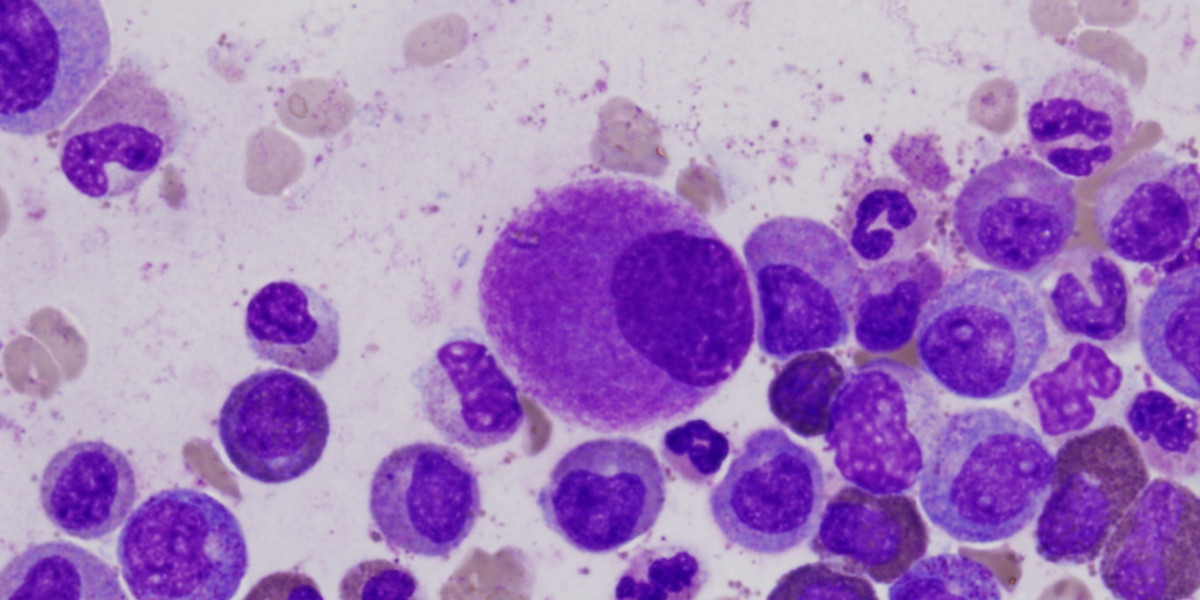Dorinda G., Bladder Cancer
Symptom:A significant amount of blood in the urineTreatments:Surgery (transurethral resection of bladder tumor/TURBT, surgery for papillary lesion), immunotherapy (BCG), chemotherapy
When life threw curveball after curveball at her, she didn’t flinch; she adapted. She was living in a fifth-wheel trailer on her parents’ property, helping care for her dying mother, when she noticed something alarming: a significant amount of blood in her urine. While she initially thought it might be a urinary tract infection, her instincts told her otherwise and she was right. It turned out to be bladder cancer.
Navigating the healthcare system wasn’t easy, but she stood firm, advocating for herself by insisting that something was wrong. That determination led to acystoscopy, where a tumor was found on her bladder wall. She describes it looking almost like a piece of coral — strange, fascinating, and life-changing.
She had never heard ofbladder cancerbefore her diagnosis. Like many, she associated cancer with more commonly discussed types, likebreastorlung cancer. But her diagnosis opened her eyes to how little awareness exists about bladder cancer, especially in women.
Her care team, especially her urologist, played a major role in helping her feel empowered. He explained everything clearly and respectfully, building trust. When he told her, “You’re going to be fine,” she believed him. That kind of confidence, paired withopen communicationand mutual respect, made all the difference.
Treatment involved atransurethral resection of bladder tumor (TURBT) surgeryandintravesical BCG therapy, which hit her hard with fatigue and otherside effects. Despite this, she showed up — until she no longer could. She decided to stop maintenance BCG, fully informed and supported by her doctor. Later, when a growth appeared in her bladder, she underwent surgery again, followed by intravesical chemotherapy. Thankfully, it wasn’t cancer.
Throughout her experience, she became her own best advocate — asking questions, researchingtreatment options, and connecting with others online. Sharing her story on social media not only helped her process what she was going through but also gave others a sense ofcommunityand hope. She encourages everyone to speak up, take notes, and never feel guilty for asking questions because your voice matters.
She reminds us that people living with bladder cancer deserve compassion, informed care, and access to all possible options. Most importantly, they deserve to be heard.
Thank you toJohnson & Johnsonfor supporting our patient education program. The Patient Story retains full editorial control over all content.
This interview has been edited for clarity and length. This is not medical advice. Please consult with your healthcare provider to make informed treatment decisions.
The views and opinions expressed in this interview do not necessarily reflect those of The Patient Story.
Interviewed by: Stephanie ChuangEdited by: Katrina Villareal
I saw a significant amount of blood in my urine.
People describe me as being strong. I’m divorced and I’ve raised kids on my own. I’ve survived cancer and domestic violence. I didn’t let what happened stop me or slow me down. I’ve looked at everything that’s happened to me as an opportunity for learning and growth.
During the pandemic, some circumstances came up and I needed a place to live. Since everything was shut down, I couldn’t view rental properties. Prices went through the roof, doubled and tripled in some cases.
My mom was ill, bedridden, and on hospice care. My parents needed me close by, so I bought a used fifth wheel in fair condition and parked it on their property. That’s where I was living when I was diagnosed. I helped care for my mom until she passed.
When I turned 59, one thing after another started to happen. I was taken to the emergency room, where they found out that my gallbladder was full of gallstones and I had a blockage. It caused a lot of issues with my liver. They had to get everything under control before they could send me home, so I was in the hospital for four or five days. A couple of months after that, I found out I had bladder cancer.
But how I view things is: what other option is there? Lying down, playing victim, and saying woe is me was never an option. The choice was to keep going and keep doing. You do the best you can every day and get through it.
I saw a significant amount of blood in my urine. I had recurrent sinus infections, so I scheduled a visit with whoever was available at my doctor’s office to get in right away.
I knew the assistant who was checking me in and she asked how I was doing. I said, “It’s just another sinus infection. But there’s one other thing. There’s a lot of blood in my urine.” She said, “Oh my gosh. Let’s get you into the bathroom. I’m going to set you up. We need a sample.”
Right away, she did everything she needed to do. When the provider came in to talk to me, he tried to explain that I wasn’t seeing blood in my urine, but it must be something I ate. I told him, “I’m 59. I’ve had five children. I think I know very well what blood looks like in the toilet and a lot of it.”
As the results come up on his computer screen, he says, “Oh my God, that’s a lot of blood.” I’ve never gone back to that provider again. He was trying to dismiss my symptom. It’s a real problem in women’s health across the board for all various kinds of reasons, especially — and unfortunately — with male providers. If you look at the history of medical research, women are blatantly ignored concerning their symptoms. Men are researched more than women.
The cystoscopy was uncomfortable but manageable. It wasn’t painful at all.
Imagine a woman on her menstrual cycle seeing blood in the toilet; it was like that. It was a significant amount of blood and I knew that. It wasn’t a spot on the toilet paper.
It started with tiny spotting around three to five days prior, which was thought of as possibly aurinary tract infection (UTI). I may not be remembering clearly, but I think I was given a round of antibiotics, and the amount of blood kept increasing.
I happened to also be sick and wanted to be seen for that sinus infection, so I decided to tell them about the blood because I knew that something was wrong. That wasn’t normal. There was no pain with urination. There wasn’t any pressure. There were no other symptoms.
When thedoctor saw the result of my urine test, I was given a quick referral to a urologist.
My initial appointment was with the physician assistant (PA) in the urologist’s office. We discussed what was going on and I gave another sample for a urine test, which they sent off to check for cancer cells. When they called me back, they said, “Great news. There are no cancer cells in your urine, but we still want you to come in and see the urologist for a cystoscopy.” Lo and behold, they found a tumor.
The cystoscopy was uncomfortable but manageable. It wasn’t painful at all. You undress from the waist down and put your feet up in the stirrups. They use lidocaine at the opening of the urethra, which helps tremendously.
They insert the scope, which looks like a catheter with a camera at the end, through your urethra to see into your bladder. There was a screen facing me, so I could see everything that he saw. Everything was explained to me.
I understand it’s a lot different for a man. My son-in-law recently had one and he did not have a good experience at all. I think it’s different for him because our anatomies are different, which I think makes it less traumatic for a woman. I may be completely wrong because I only know from my experience. I don’t look forward to it, but I go every time they ask me to come in for one.
My urologist listened to me. I feel heard.
Partway through treatment, I got COVID at the same time I had myBCG treatment, and the side effects were compounded exponentially. I was very ill. I was so fatigued and couldn’t get out of bed. It was pretty bad, so I declined further maintenance treatment.
It was very interesting and pretty fascinating because the tumor looked like a little sea anemone or piece of coral. It had a funky shape and was stuck on the bladder wall. After the cystoscopy, he gave me a one-dose antibiotic right away to help stave off any kind of UTI. He took me into his office and brought out all the pamphlets on bladder cancer.
During the scope, he didn’t say that it was cancer. I credit him for my reaction to it because his bedside manner was outstanding. He was very confident. He said, “This is what it is. We’re going to remove it. Then we do this treatment and you will 100% be fine. You are going to recover.” He was so confident. I put my trust in my urologist. He’s amazing.
I was involved in an online journey mapping. Several patients, caregivers, and doctors had experience with bladder cancer. I was listening to other people’s stories with their providers. I felt so incredibly fortunate to have the provider I have. Listening to other people’s stories made me feel so grateful for my experience.
The big thing for me was that my urologist listened to me. I feel heard. I provide him with that same respect and listen to him because he has the expertise. He understood why I wanted to stop the maintenance treatment. We discussed what that would look like in the future if there’s a recurrence and I understood. He made everything very clear.
He honored my decisions and didn’t try to sway me. We discussed the potential consequences of stopping treatment, but I still went ahead.
I had missed so much work. Part of me was afraid of how long my employer was going to let me miss work, but they were very understanding. After a while, though, you cannot afford not to be paid. Everybody has to have an income. It was affecting my life. At that point, I felt like it wasn’t going to come back and that I had a handle on it.
I agreed to keep coming in every 90 days for a cystoscopy to be checked, which was good because by December, I had a growth in my bladder.
I was in shock. I was texting my adult daughters from the office, telling them I have cancer. It’s something that you see happens to other people, but don’t think it would happen to you, but now it is.
Cancer’s a scary word. It’s a scary diagnosis because the cancers that we see and hear about most often don’t always have good outcomes. I didn’t even know about bladder cancer until I got it. I’d never heard about it. I had no idea that you can get cancer in the bladder.
It was very surreal. It was a lot of information to absorb. I didn’t cry or freak out. I credit my urologist for that because he was so good at talking me through all of it. I felt confident that after I get this procedure done and do this treatment, I’ll have done it.
The last time I saw him, I talked to him about it. I told him that after hearing other people’s stories, I couldn’t thank them enough. I have the same nurse every time I go in. My care team is phenomenal and I’m grateful for that, especially after hearing other people’s stories.
I didn’t have a lot of emotions. I looked at it as fact. This is what’s happening and this is what’s going to happen next. During treatment, there was a time when I was in a very negative headspace. When I went to my appointment, I told them, “I don’t want to be here. I don’t want to do this anymore. I’m done. I’m over it. I’m here because I know I have to. I know this is what’s best, but I don’t want to do it anymore.”
I was sick and tired of having medication put into my bladder. I was tired of undressing from the waist down. I was tired of putting my feet in stirrups. I was just over the whole experience. I had my first BCG treatment in June 2023. By January 2024, I started getting that feeling of not wanting to do it anymore and by September, I said I didn’t want to continue with the maintenance treatment.
On one of my TikTok videos, some people asked me about discontinuing the maintenance treatment and whether you’re allowed to do that. My doctor didn’t say I could stop. He understood where I was coming from.
I agreed to keep coming in every 90 days for a cystoscopy to be checked, which was good because by December, I had a growth in my bladder. It turned out to be non-cancerous, thank goodness, but I still had to go in and have it removed through surgery and have the pathology done. At that time, we didn’t know. Because it looked like the original tumor, we did chemotherapy in the bladder in December.
I communicated with people through my videos, which helped me deal with what I was going through.
I read the bladder cancer pamphlets multiple times. Then I would get online and Google everything, like most people do. I did a lot of research online as well and the information I found aligned with everything in the pamphlets. I had to keep rereading and reaffirming myself.
I researched what bladder cancer is and what the treatments are, and BCG was the gold standard. I’m hearing more recently that there are alternative treatments, which is good because of the global shortage of BCG. In some areas of the country, I learned from other bladder cancer patients that they have not had access to BCG. I felt fortunate that it was available to me.
My daughter Madeline took me to every appointment. She also stayed with me because when you come home, you have to lie down and rotate every 15 minutes until it’s time to go to the bathroom. She was my major support person.
I have met other bladder cancer patients who are much better with their social media than I was. When I started sharing, it was my way of dealing with it and processing it. Somebody who saw my TikTok video found me on Facebook. She reached out on Messenger to check in with me every Thursday. She was just diagnosed and hadn’t started her treatment yet, but she would ask how my treatment went and how I was doing.
I communicated with people through my videos, which helped me deal with what I was going through. I know people who have had breast cancer. I had a nephew who had childhood cancer. But I didn’t know anyone with bladder cancer.
How did I get this? Where did this come from? I thought if I started talking about it and put myself out there a little bit, other people would come forward or somebody would learn something. I wanted to get the word out.
The possibility of bladder removal was mentioned… We didn’t discuss it because he was very confident that removing the tumor and the BCG treatment were going to be effective for me.
My urologist talked to me about treatment options immediately because I had to get the surgery scheduled ASAP. I asked if we could wait until the school year was over because I didn’t want to miss work. He said no and that it had to be done immediately.
He never gave me a stage, but I know that the two-centimeter tumor was a mix of high-grade and low-grade cancer, which he was surprised about. Based on his experience and from what he saw, he was pretty sure it was low-grade cancer.
There weren’t any options. It was going to be the transurethral resection of bladder tumor (TURBT) surgery and the BCG treatment. With the BCG, he explained what it is, what it’s used for in other countries, and what we use it for here in the US, which is to treat bladder cancer.
He talked about the BCG shortage and the possibility of it not being available. If we ran into that issue, then we would discuss other options. Thankfully, it was available and I got it every time I needed it.
The possibility of bladder removal was mentioned in all the literature that he gave. We didn’t discuss it because he was very confident that removing the tumor and the BCG treatment were going to be effective for me.
I didn’t even know about bladder removal. After I’d gone through all of this, I found out that I had an uncle who had bladder cancer and had his bladder removed. Nobody in the family ever knew until I started talking about what I was going through.
My cousin was pretty vague about it, but they were aggressive with what they did. They found out later that they didn’t have to do the bladder removal, but they went forward with it because he felt that he was getting rid of the potential recurrence. I’m not 100% sure what happened.
Different doctors have different approaches. My urologist was pretty conservative, but it’s also been very positive. Everything so far has been right for me.
I could have spoken up and said I didn’t want to do the treatment, but why would I? He’s the expert. This is what he does. He knows what’s best and I felt very confident in his skills and his decisions. I trusted him 100%.
I was in a very negative headspace… I couldn’t do anything. I didn’t have any energy. I didn’t feel like myself.
With BCG, I had to go in once a week for six weeks for the initial treatment. A lot of people have very minimal side effects from it. For me, I was down for anywhere from two to four days. I was wiped out and felt extremely fatigued. I’ve never experienced that before. That’s something he noted in my charts, which is that I didn’t respond favorably.
My initial round of BCG treatment was during the summer, so I was off work. I got a little bit of a break and then I went back for three weeks of maintenance treatment. Then I had another break and went back for another three weeks of maintenance treatment. By September 2024, I said I couldn’t do it anymore.
Between January and September, I was in a very negative headspace about everything. I was tired of being tired and of feeling like I couldn’t get out of bed every day. I couldn’t do anything. I didn’t have any energy. I didn’t feel like myself.
He had mentioned that if it recurs, I would probably have to do the chemotherapy into the bladder. But he didn’t say any drug names, just that it was chemotherapy. They do it through a catheter, the same way they do BCG, but from what I understand, it takes longer and you’re in the office longer because I think you have to wait there.
None of those things have been thoroughly discussed with me because I’m assuming it wasn’t necessary. But in December, I hadintravesical chemotherapy. They inserted it through a catheter and clamped it. It’s held in for an hour and then they pull the catheter out. I’ve only had it one time.
My treatment day was always on a Thursday, so I had to miss that day of work and the following day. Because of the side effects, I couldn’t function. Sometimes, I would even miss work the following Monday, so that’s at least two to three days a week of work. Then I have to repeat it all the following week.
For me, I would get the chills and feel extremely fatigued. I’ve never experienced anything like that before. I was weak and tired. I couldn’t even hold my phone. I couldn’t get out of bed. I couldn’t do anything. I lay in bed and slept around the clock.
I don’t think bladder cancer removal should be an option unless it’s absolutely necessary.
At one point, I had COVID while having treatment at the same time. That was a rough three weeks. I was at the point where I couldn’t do it anymore. I physically couldn’t. I had what they calledlong COVIDbecause it took a good six to eight months for me to get over all of the symptoms. Undergoing BCG treatment at the same time did not help me feel better.
I think it’s good news. I do like that because there’s a worldwide shortage of BCG. Whether or not it’s the gold standard, if you can’t get it, you have to have alternatives. We’ll find out in time if the alternatives are better. All medical advances are good. Something that’s tried and true doesn’t always mean it’s the single best treatment because something better could come along.
Bladder cancer has a high recurrence rate, so there’s always a chance that it will come back. Knowing that there are advancements and new treatments, if it comes to that, then I can talk to my urologist and find out what’s available and what’s different.
I would want to consider the side effects and how they’re going to affect my life and my ability to work and function, and the effectiveness. In the grand scheme of things, of course I would like fewer side effects, but if something’s not going to be as effective, then I’m going to have to suck it up and go with what’s most effective.
I don’t think bladder cancer removal should be an option unless it’s absolutely necessary. Has there been multiple recurrences? Is the tumor invading the muscle now? Is it growing? I had non-muscle invasive bladder cancer, so why would I do that?
For me, that would be the extreme option in my situation. I want to continue to live and have a good quality of life, but I don’t think bladder cancer should be discussed as an option unless it’s a necessary course of treatment.
Doctors need to be open-minded and explore the new options coming out. Think about your patients: who they are, their age, their activity level, and their lifestyle. What do they do for a living? What do they do for recreation? Then think about the treatment options.
What treatment can improve the quality of life of my patient? What’s going to give them fewer difficulties? What’s going to interfere the most and what’s going to interfere the least? What treatment would be the least impactful in terms of side effects?
Don’t be afraid to speak up. Don’t be afraid to ask. You are your own best advocate. If you don’t speak up, who else will?
I want medical professionals to see us as human beings. Yes, we have this condition. Yes, you are the expert. But we also have a life outside of our condition.
I’ve been a paraprofessional in special education for over 30 years and I’ve had to advocate for students who can’t advocate for themselves. I’ve always been that way.
Ask questions. Do the research. In December, when I had the growth removed from my bladder and my doctor started talking about intravesical chemotherapy, I started spouting percentages back to him about how that was going to reduce the rate of recurrence. He was chuckling and I said, “I’m sorry, but I did my research because I wanted to know,” and he thought it was great. He was pretty impressed because I don’t think he expected it from me.
Don’t be afraid to speak up. Don’t be afraid to ask. You are your own best advocate. If you don’t speak up, who else will? You may have a caregiver, a spouse or a significant other, a parent or an adult child looking out for you, but we have to advocate for ourselves.
If you have questions, jot them down. Make a note in your phone or a notebook. Write your questions and concerns down, and bring them up. Talk to your nurses, to your doctor, and to everybody there. They’re a wealthy source of information. I don’t think that puts anybody in a negative light. We should be as informed as we can be.
How did I get this? I was never a smoker. I don’t work in the agricultural industry where I’m exposed to pesticides and chemicals, because he did ask me about that. But I have, unfortunately, put myself in situations where I’ve been exposed to second-hand smoke throughout my life.
Now I’m very cautious about my exposure. If I go out for a drink with friends, it’s in a nonsmoking bar. I won’t hang out in a garage or a shop where people are smoking. I’m limiting my exposure to reduce any risk because I take it very seriously.
Special thanks again toJohnson & Johnsonfor supporting our patient education program. The Patient Story retains full editorial control over all content.
Share your story, too!
Your email address will not be published.Required fields are marked*
Comment*
Name
Website
Save my name, email, and website in this browser for the next time I comment.
Δ
This site uses Akismet to reduce spam.Learn how your comment data is processed.
Originally published on The Patient Story: https://thepatientstory.com/patient-stories/bladder-cancer/dorinda-g/
